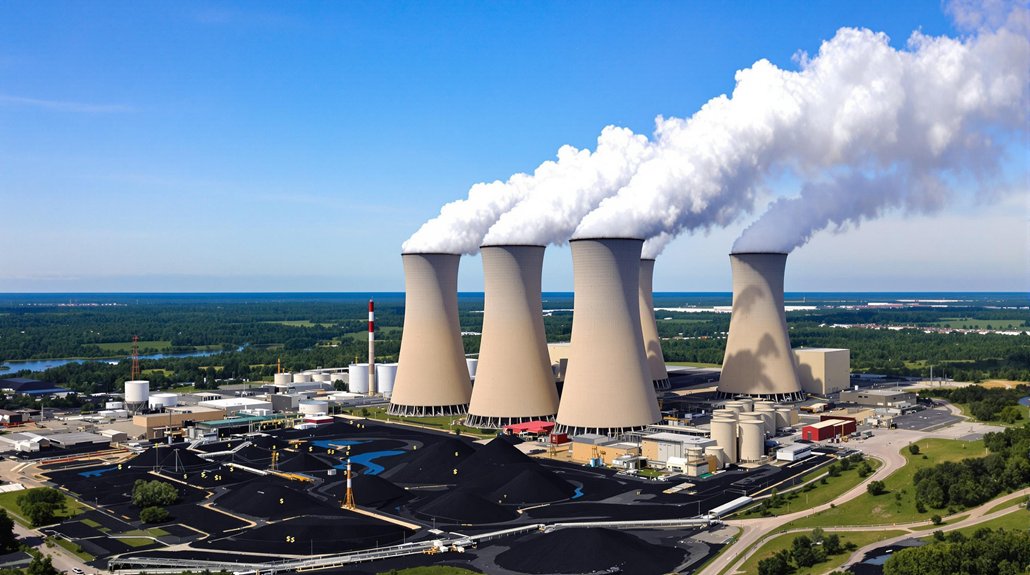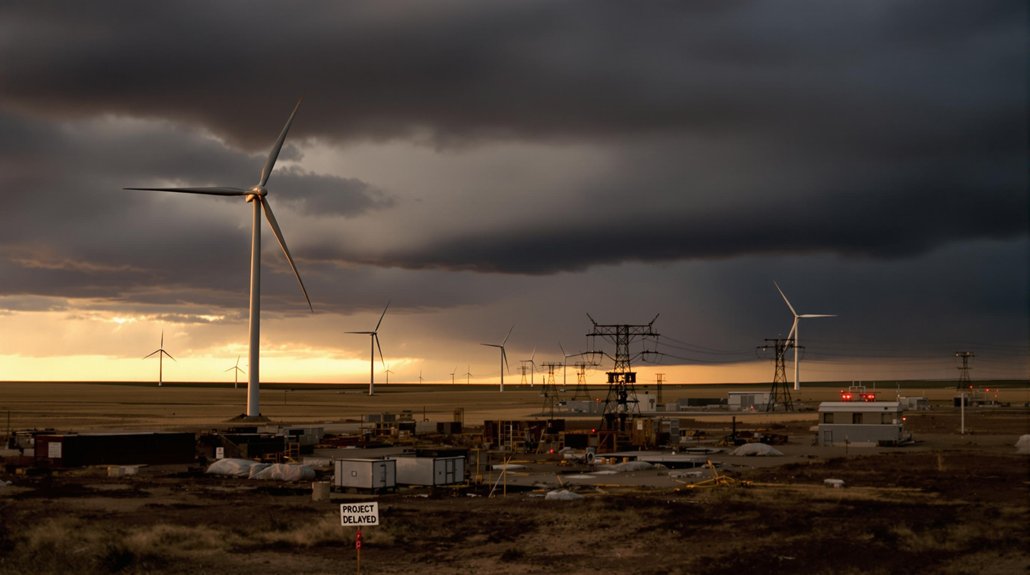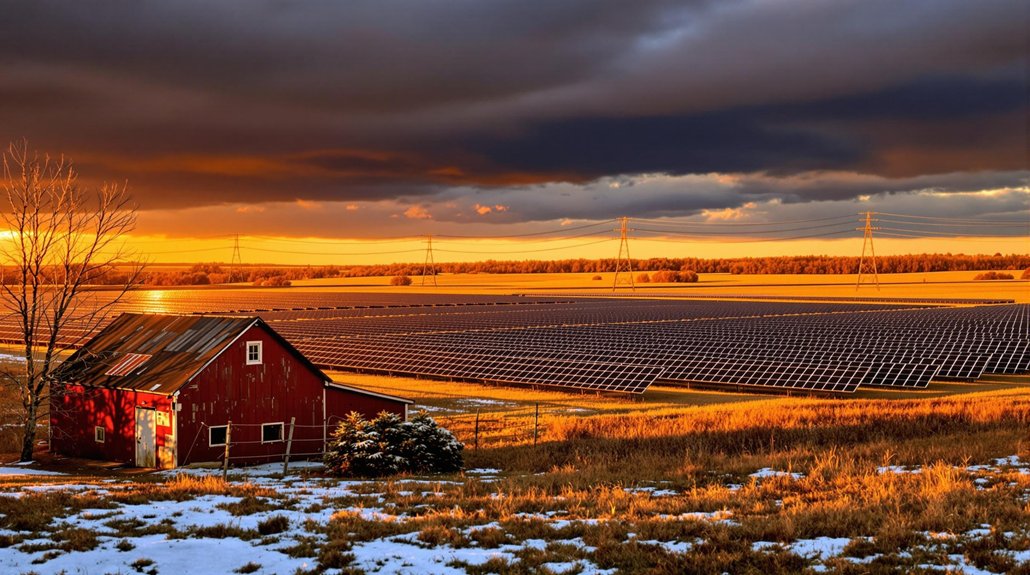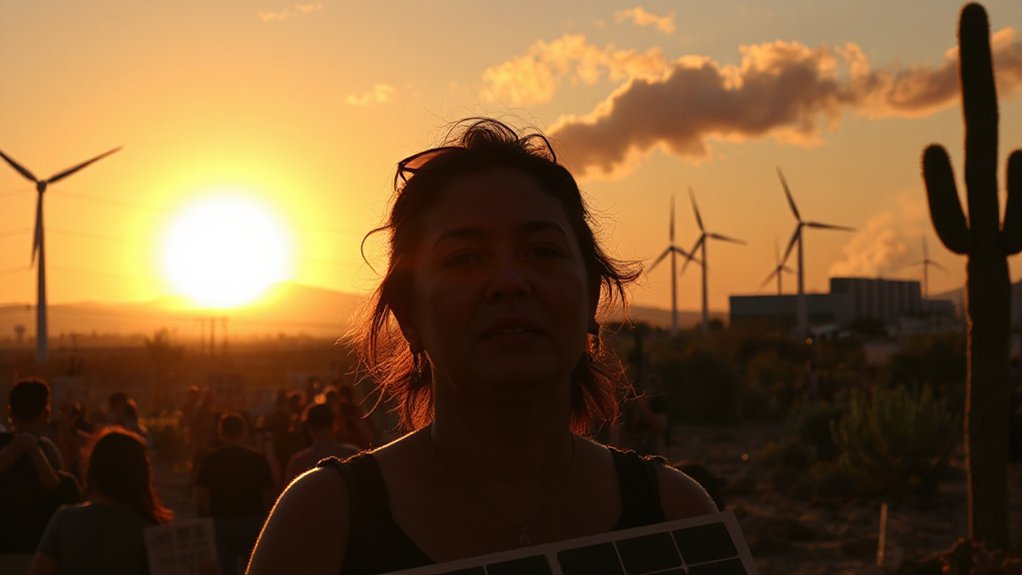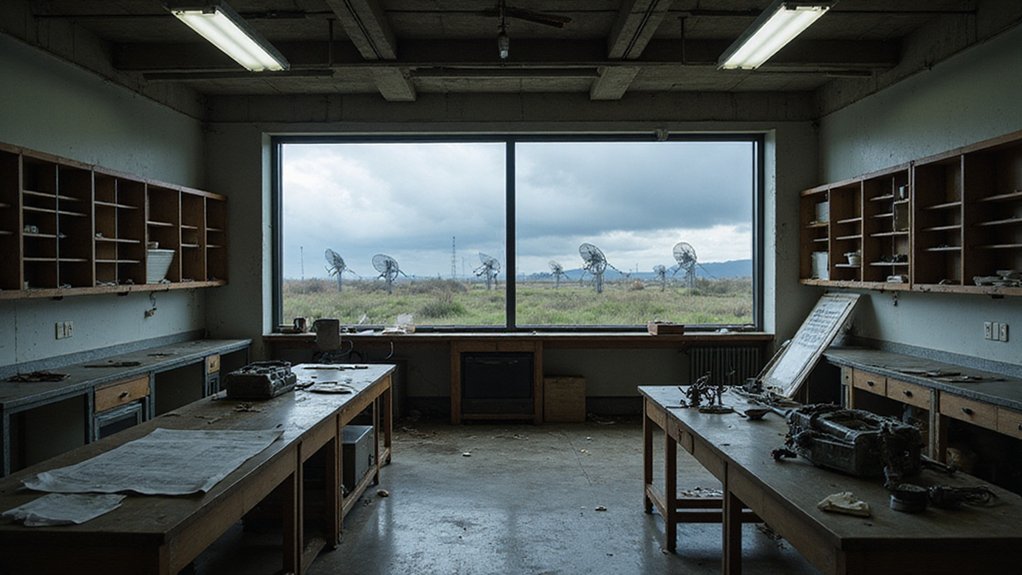The federal government has ordered a Michigan coal plant to stay open, despite plans to shut it down. The Department of Energy issued this emergency order for the J.H. Campbell coal plant in West Olive during the Trump administration. The plant was set to close permanently in summer 2025, but now it must operate for five more weeks. Secretary of Energy Chris Wright used wartime powers to issue the order on May 23, just eight days before the plant’s scheduled shutdown.
The extra operation will cost about $29 million. This expense wasn’t part of the long-term plans for Consumers Energy, which owns the plant. Michigan residents could end up paying tens of millions in additional costs, though efforts are underway to spread these costs across the Midcontinent Independent System Operator grid region.
Keeping Campbell’s coal plant running costs $29 million—an unexpected burden potentially falling on Michigan residents.
Michigan Attorney General Dana Nessel has filed a legal challenge against the order. She calls it “arbitrary and illegal” and claims the emergency is “fabricated.” Her petition was filed with the U.S. Court of Appeals. Environmental groups and ratepayer advocates are also trying to get the order reversed.
The original plan to close the Campbell Plant would have saved Michigan ratepayers nearly $600 million. This closure was already approved by the Michigan Public Service Commission and was part of the state’s clean energy law, which aims for 100% clean electricity by 2040. This shift toward renewables aligns with the global trend where renewable capacity is rapidly growing, especially in countries like China that are leading the energy transition.
Seven Republican Michigan lawmakers asked the Trump administration to keep the plant open. They worried about having enough power under the 2023 clean electricity law. The DOE used Section 202(c) of the Federal Power Act, which allows the government to keep power plants running during grid emergencies.
Critics say there’s no real power shortage that justifies keeping the plant open. They believe this action is part of a broader agenda to support coal instead of cleaner energy options. The Campbell plant contributes significantly to pollution, producing 9 million tons of carbon emissions annually. Some worry this decision could serve as a model for extending the life of other coal plants across the country, undermining state efforts to shift to renewable energy.
References
- https://energyandpolicy.org/trump-michigan-coal-bailout/
- https://planetdetroit.org/2025/06/trump-administration-michigan-coal-plant/
- https://bridgemi.com/michigan-environment-watch/michigan-coal-plants-future-unclear-some-wonder-if-feds-will-keep-it/
- https://www.michigan.gov/ag/news/press-releases/2025/07/25/ag-nessel-files-appeal-challenging-doe-order
- https://www.utilitydive.com/news/campbell-michigan-coal-plant-ferc-miso-doe-emergency/751288/
